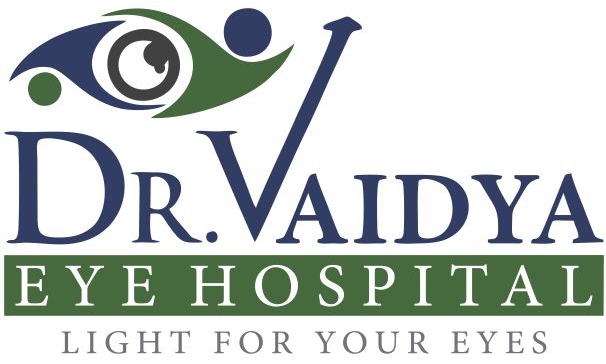Nutrition plays a major role in maintaining healthy eyesight, as the eyes require certain nutrients to keep them functioning optimally. The eyes are one of the most delicate and important organs in the body. They provide us with the ability to see and interpret the world around us. Therefore, it is essential to ensure that our eyes are kept healthy and protected.
Nutrition is important for all aspects of health, including vision. Eating a balanced diet and getting the right nutrients can help maintain healthy eyesight and reduce the risk of certain eye diseases. Nutrients such as omega-3 fatty acids, lutein, zeaxanthin, zinc, vitamins A, C and E, and other antioxidants are all important for healthy eyes.
Vitamin A is important for healthy eyesight because it helps to keep the cornea, the clear outer layer of the eye, healthy. Vitamin A also helps to maintain the mucous membrane, which is a protective layer between the eye and the environment. Vitamin A deficiency can lead to dry eyes and vision problems, so it is important to get enough of this vitamin.
Vitamin C is also important for healthy eyesight. This vitamin helps to protect the eyes from damage from free radicals, which are molecules that can damage cells and organs. Vitamin C also helps to reduce the risk of cataracts, which is a common age-related eye problem.
Vitamin E is also important for healthy eyes. This vitamin helps to reduce the risk of cataracts and macular degeneration, which is an age-related eye disease that can cause vision loss. Vitamin E also helps to protect the eyes from damage from ultraviolet (UV) radiation.
B-complex vitamins are also important for healthy eyes. These vitamins help to keep the eyes healthy and functioning properly. The B-complex vitamins include vitamins B1, B6, and B12, and they are important for maintaining healthy eyesight.
Vitamins A, C, and E are also important for eye health. Vitamin A is found in carrots, sweet potatoes, cantaloupe, and dark leafy greens. Vitamin C can be found in citrus fruits, bell peppers, and broccoli. Vitamin E is found in nuts, seeds, and vegetable oils. These vitamins are known for their antioxidant properties, which help protect the eyes from damage caused by free radicals.
Omega-3 fatty acids are found in certain fish, such as salmon, tuna, and sardines, as well as in nuts and seeds. These fatty acids are important for eye health, as they are known to reduce the risk of age-related macular degeneration, a common cause of vision loss.
Lutein and zeaxanthin are two carotenoids found in leafy green vegetables, such as spinach and kale, as well as in eggs and certain fruits. These two carotenoids are important for maintaining healthy vision, as they are known to reduce the risk of macular degeneration and cataracts.
Zinc is another important nutrient for eye health. It is found in oysters, beef, chicken, beans, nuts, and whole grains. Zinc is important for the development and maintenance of the retina, which is the light-sensitive layer of tissue at the back of the eye.
Copper is an essential nutrient for eye health. It helps the body produce melanin, a pigment that helps protect the eyes from ultraviolet (UV) radiation. Copper also helps to maintain the integrity of the eye’s retina, and it can help to reduce the risk of age-related macular degeneration. Additionally, copper helps to keep the eye’s lens flexible, which helps reduce the risk of cataracts.
Riboflavin is another key nutrient for eye health. It helps to produce the energy needed for cells to function properly and helps to protect the eyes from UV radiation. Riboflavin also helps to maintain the health of the cornea and the lens, and it can help to reduce the risk of age-related macular degeneration.
In addition to these nutrients, it is also important to get enough fluids to keep the eyes hydrated and healthy. Water is the best choice, but other fluids such as fruit juices, herbal teas, and vegetable juices can also help.

Overall, nutrition plays a key role in maintaining healthy eyesight. Eating a balanced diet and getting the right nutrients can help keep the eyes functioning optimally and reduce the risk of certain eye diseases. Eating a variety of fruits, vegetables, and other nutrient-rich foods can help ensure that the eyes get the nutrition they need. Maintaining a healthy lifestyle is also important for eye health. This includes getting enough sleep, avoiding smoking, and wearing sunglasses outdoors to protect the eyes from the sun’s ultraviolet rays.

